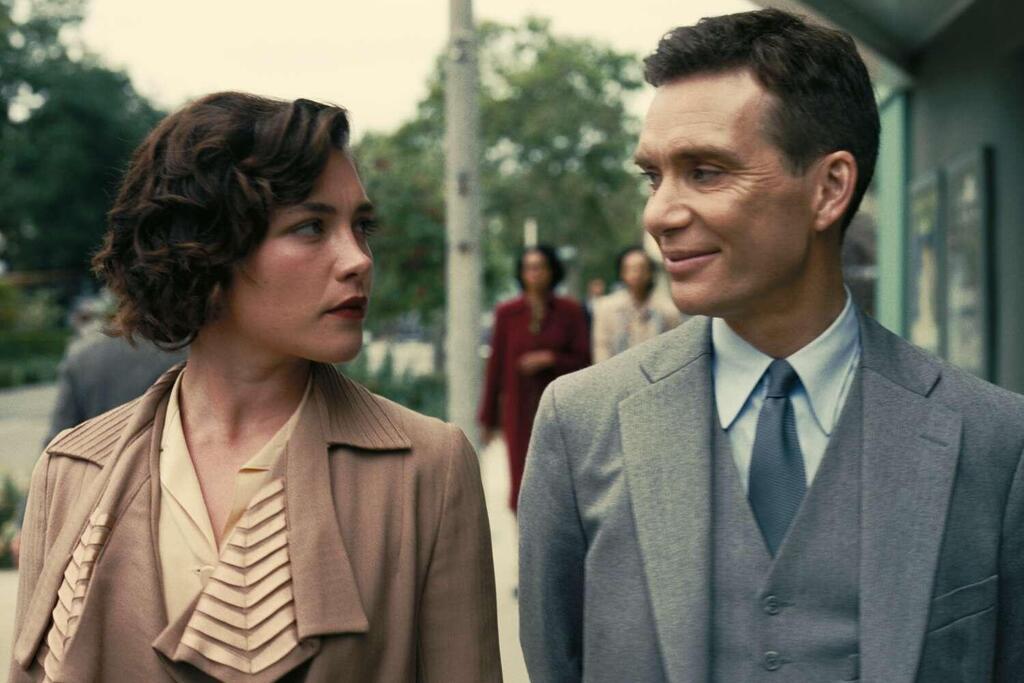According to Netflix CEO Ted Sarandos, the blockbuster movies "Barbie" and "Oppenheimer" would have "enjoyed just as big an audience" on the streamer as they did in theaters. Even in a world full of depressing quotes from key figures, these words by a major figure in the world of streaming are hurtful. In a New York Times interview, Sarandos claimed his son watched the classic movie "Lawrence of Arabia" on his phone.
As expected from someone who is profiting, Sarandos focuses on clicks, views and new audiences. In this sense, perhaps he's right, "Barbie" and "Oppenheimer" would have been just as successful. However, these statements show Netflix's problem, but also something about the current state of our crumbling world.
People from Sarandos' circle in Hollywood may have loved to mock Christopher Nolan's affinity for making movies intended only for the biggest screen available. But this adherence to a cinematic vision is what brought Nolan to a place where a three-hour film cleans out the Oscar table and also approaches billion-dollar earnings. It's a cultural event.
In Sarandos' and Netflix's world, there's no such thing as "vision." There's profit. The "cultural event" is not about the quality of the product, but about the number of times people click on it. The binge is both ingenious and toxic. Therefore, in recent years, almost every movie Netflix produces gets a budget similar to "Oppenheimer" and attracts stars on the same scale, but then those movies are forgotten after a week.
From "The Gray Man" with Ryan Gosling and Chris Evans, through "Red Notice" with Ryan Reynolds, Gal Gadot and Dwayne Johnson, to "Spenser Confidential," where Mark Wahlberg received $30 million without any justification. Or "Atlas," Jennifer Lopez's new one, which is simply awful even by Netflix's inflated sci-fi movie standards. Maybe except for "Don't Look Up," a pretentious star-studded film that people both loved and hated equally but at least engaged with viewers a bit. It's hard to think of another heavily invested Netflix movie to prove that you can watch cinema on an iPad, and indeed it was worth something.
To say that the screen on which you watch a movie like "Oppenheimer" or even any blockbuster film doesn't matter is more or less to negate the whole basis of cinema. It's simply disrespectful. Disrespect for history, for those who were here before you and laid the foundation for the medium that made you rich and allows your son to watch "Lawrence of Arabia," perhaps the greatest masterpiece in the history of cinema, on a phone.
Atlas trailer
(Video: Netflix)
Cinema is indeed not the most important thing in the world today, but this disrespect for vision, for art, for knowledge, for creation, exists now in every area of our lives. Yigal Allon, may he rest in peace, once said that "a people which doesn't know its past, his present is poor and his future is in the dark." It seems this is true also for Netflix.





